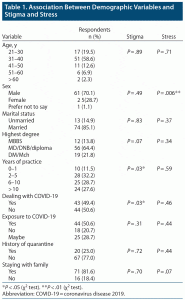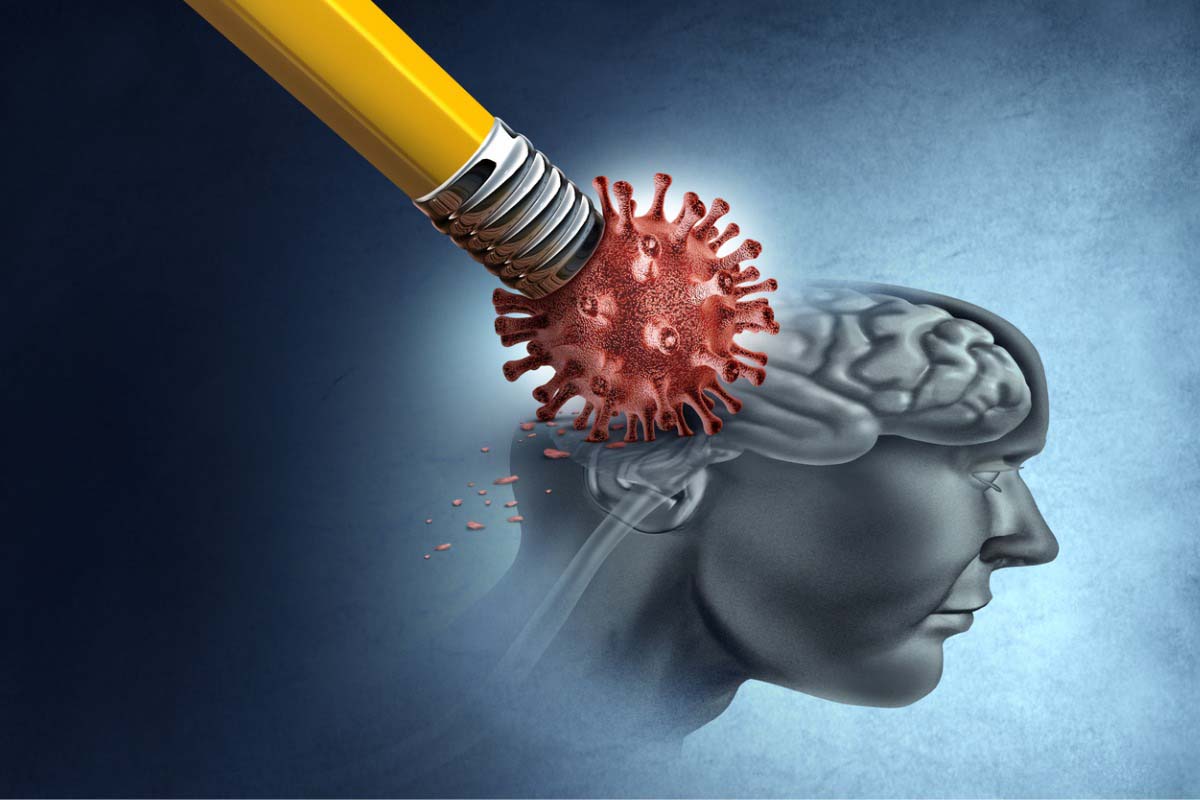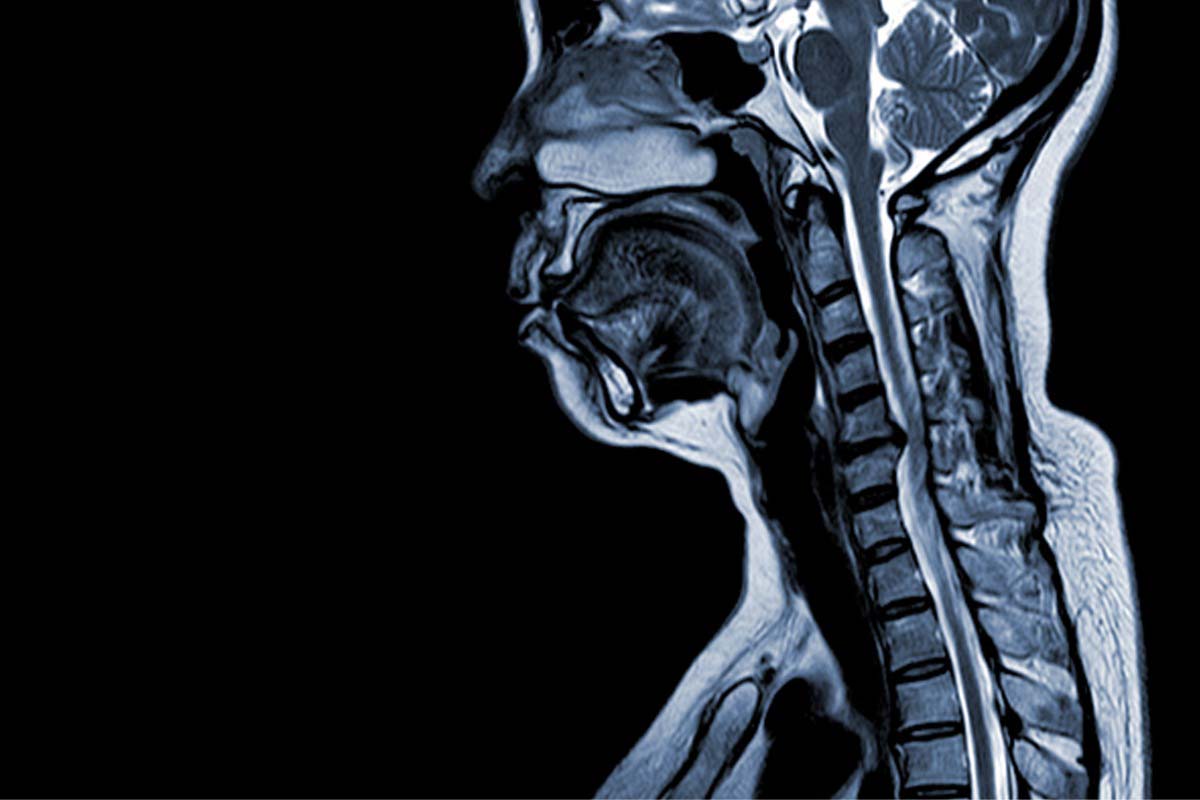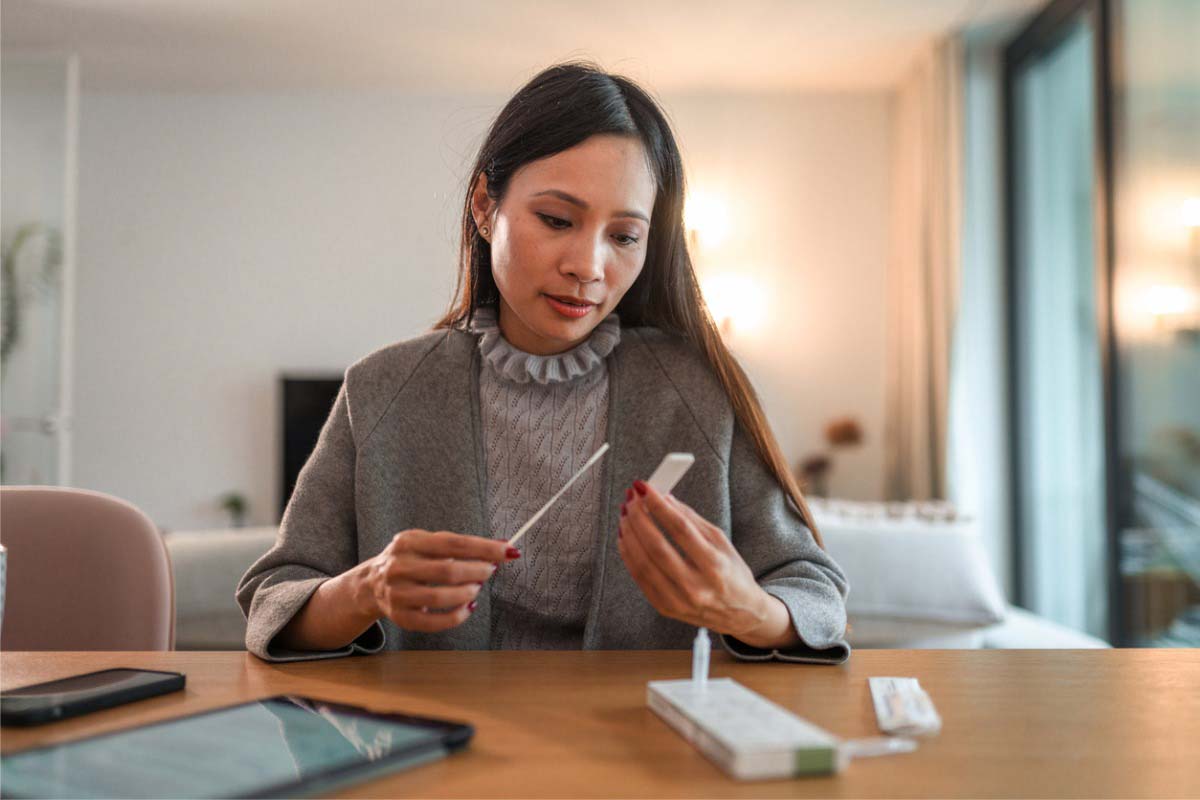
Prim Care Companion CNS Disord 2021;23(5):21br02956
To cite: Uvais NA, Shihabudheen P, Bishurul Hafi NA, et al. COVID-19–related stigma and stress among doctors working in the private sector during the COVID-19 pandemic. Prim Care Companion CNS Disord. 2021;23(5):21br02956.
To share: https://doi.org/10.4088/PCC.21br02956
© Copyright 2021 Physicians Postgraduate Press, Inc.
aDepartment of Psychiatry, Iqraa International Hospital and Research Centre, Calicut. Kerala, India
bDepartment of Critical Care, Iqraa International Hospital and Research Centre, Calicut, Kerala, India
cDepartment of Dermatology, Iqraa International Hospital and Research Centre, Calicut, Kerala, India
dDepartment of Internal Medicine, Iqraa International Hospital and Research Centre, Calicut, Kerala, India
*Corresponding author: N. A. Uvais, MBBS, DPM, Iqraa International Hospital and Research Centre, Calicut, Kerala, India ([email protected]).
The emergence of the novel coronavirus disease 2019 (COVID-19) pandemic has wreaked havoc in health care systems across the globe. At the time of this writing, India has become the third country in the world to have more than a million confirmed COVID-19 cases. Considering the relatively poor health infrastructure and inadequate manpower, the pandemic is putting both the public and private health care services in India under excess pressure. Past research findings established that doctors experience higher levels of work stress and suicidality than the general population. Published literature from across the globe during the COVID-19 pandemic has consistently shown that health care workers, including doctors, can suffer from significant psychological stress irrespective of their specialty or work setting. Recent studies1,2 conducted among doctors managing COVID-19 patients in India, most of them working in the government sector, have shown that doctors suffer from significant perceived stress as well as stigma associated with their job. Moreover, stigma related to COVID-19 has been found to be associated with higher stress, fatigue, and burnout and lower satisfaction.1,3 However, a majority of Indian doctors work in the private sector. According to estimates, 75% of the total health expenditure in India is in the private sector. About 65% of hospitals and 80% of 390,000 qualified allopathic doctors registered with medical councils in India are also in the private sector.4 There are no studies, to our knowledge, exploring COVID-19–related stigma and perceived stress among doctors working in private hospitals in India to date. Our study findings would help in the planning of appropriate interventions for doctors working in the private sector, who often receive less attention from government and policy makers regarding their health and well-being, to prevent negative psychological outcomes while fighting the COVID-19 pandemic.
Methods
This was a cross-sectional, observational survey study. A snowball sampling technique was used to recruit participants. An online self-report questionnaire was designed using Google forms. In addition to demographic data, we also added a list of COVID-19 pandemic–related questions. A stigma scale, which measures the perceived stigma of doctors regarding COVID-19, was prepared based on the questionnaire used to study stigma among nursing staff during the Middle East respiratory syndrome coronavirus (MERS-CoV) outbreak.1 The stigma scale comprises 13 items, each of which is scored on a 5-point Likert scale. The total score ranges between 0 and 52, with a higher score indicating that the doctors perceived greater stigma. Stress among the doctors was assessed with the Perceived Stress Scale-10 (PSS-10),5 which comprises 10 items, each of which is scored on a 5-point Likert scale.1 The total score ranges between 0 and 40, with a higher score indicating higher perceived stress. The link to the questionnaire was sent through WhatsApp and other social media platforms to the contacts of the investigators working in private hospitals in India, and the participants were encouraged to forward the survey to other doctors working in the hospitals. The data collection was initiated on August 12, 2020 at 5:30 pm IST.
Results
We received 87 responses between August 12, 2020, and August 16, 2020. The majority of the respondents (78.2%) were between the ages of 21 and 40 years, and 70.1% were male. Of the respondents, 85.1% were married, 86.2% were postgraduate doctors, 49.4% were directly dealing with COVID-19 patient care, 50.6% had a history of exposure to COVID-positive cases, and 23% gave a history of quarantine following exposure. Also, 81.6% were staying with their family.
The mean stigma score was 27.67 (SD = 7.8); 58 doctors (66.7%) had a score of 26, indicating higher levels of perceived stigma. The mean PSS-10 score was 19.08 (SD = 6.66); 37 doctors (42.5%) had a score of 20. Pearson correlation showed a significant association (0.269, P < .05) between stigma scores and perceived stress scores. Spearman correlation showed a significant association between perceived stress scores and age (−0.255, P = .017), sex (−0.324, P = .002), education level (−0.296, P = .005), and staying with the family (0.245, P = .022). Spearman correlation also a showed significant association between stigma and dealing with COVID-19 cases (0.234, P = .029). There was a significant association between stress and sex using χ2 test (9.76, df = 2, P = .006). There was a significant association between stigma and dealing with COVID-19 cases (4.51, df = 1, P = .03) and years of practice (8.78, df = 1, P = .03). The χ2 test results are summarized in Table 1.
Discussion
Our study results show that 66.7% of doctors working in the private sector perceive significant stigma associated with their job, and 42.5% also perceive significant stress. A similar study1 conducted among doctors working in COVID-19–designated hospitals in India using similar scales and methodology found similar stigma levels (62.1%) and relatively higher stress levels (63.8%). Another study from India by Wilson et al,2 which explored perceived stress among 350 health care workers managing patients during the COVID-19 pandemic, also found moderately high stress among 78.9% of the respondents. The lower stress levels among doctors working in the private sector could be related to the reduction in work hours due to the COVID-19 pandemic, as many private hospitals in India stopped their outpatient services and cancelled elective surgeries.
We also found a significant association between stigma and stress among doctors working in private hospitals, which is in agreement with past literature. A recent study1 explored the association between COVID-19 stigma and stress among doctors working in COVID-19–designated hospitals in India and found a statistically significant association (0.604, P < .01) between stigma and stress scores. Research conducted among health care workers during past pandemics (severe acute respiratory syndrome, MERS-CoV) also showed a similar finding.1 Moreover, Ramaci et al3 explored social stigma and its impact on health care workers and found that stigma impacts fatigue, burnout, and satisfaction.
We also found significantly higher perceived stress among females, younger doctors, and those who were staying away from the family. Higher perceived stress among female health care workers during the COVID-19 pandemic is a consistent finding in many past studies. Lai et al6 found that being a woman and possessing an intermediate professional title was associated with higher distress during the COVID-19 pandemic. Another study1 from India also found significantly higher levels of stigma and perceived stress among female doctors. The analysis by Wilson et al2 revealed that female sex (odds ratio = 2.008; 95% CI, 1.122–3.594; P = .019) was the only significant predictor among all the hypothesized factors. The authors2 also found that health care workers staying away from the family had significantly high psychological distress, which is in agreement with our study results.
Our study has a few limitations that should be considered before interpreting the results. The survey design utilized in this study might result in selection bias. Moreover, the sample size was small and not completely representative of the population of private-sector physicians. Hence, the study results may not be generalizable.
In conclusion, our study results indicate that doctors working in the private sector also perceive significant COVID-19–related stigma and perceived stress during the COVID-19 pandemic. There is an urgent need for proactive steps from government bodies, hospital administrations, and policy makers to reduce stigma and stress perceived by doctors working in the private sector so that they can concentrate on their clinical work with their patients effectively.
Received: February 17, 2021.
Published online: September 9, 2021.
Potential conflicts of interest: None.
Funding/support: None.
References (6)

- Uvais NA, Shihabudheen P, Hafi NAB. Perceived stress and stigma among doctors working in COVID-19–designated hospitals in India. Prim Care Companion CNS Disord. 2020;22(4):20br02724. PubMed CrossRef
- Wilson W, Raj JP, Rao S, et al. Prevalence and predictors of stress, anxiety, and depression among healthcare workers managing COVID-19 pandemic in India: a nationwide observational study. Indian J Psychol Med. 2020;42(4):353–358. PubMed CrossRef
- Ramaci T, Barattucci M, Ledda C, et al. Social stigma during COVID-19 and its impact on HCWs outcomes. Sustainability. 2020;12(9):3834. CrossRef
- Bhat R. Characteristics of private medical practice in India: a provider perspective. Health Policy Plan. 1999;14(1):26–37. PubMed CrossRef
- Cohen S, Williamson G. Perceived stress in a probability sample of the United States. In: Spacapan S, Oskamp S, eds. The Social Psychology of Health: Claremont Symposium on Applied Social Psychology. Newbury Park, CA: Sage; 1988:31–67.
- Lai J, Ma S, Wang Y, et al. Factors associated with mental health outcomes among health care workers exposed to coronavirus disease 2019. JAMA Netw Open. 2020;3(3):e203976. PubMed CrossRef
Enjoy this premium PDF as part of your membership benefits!






